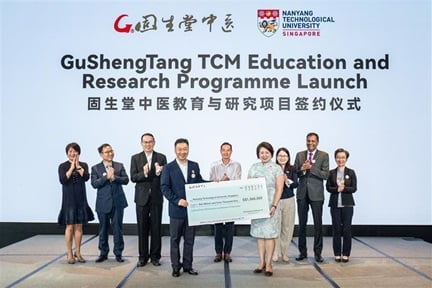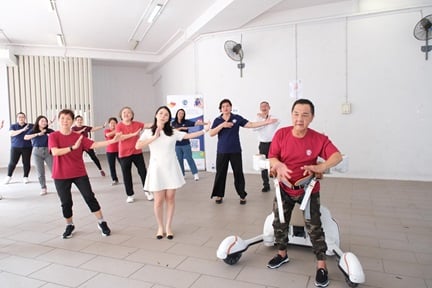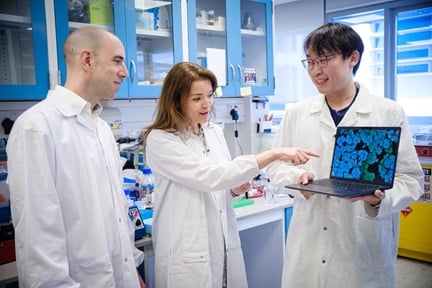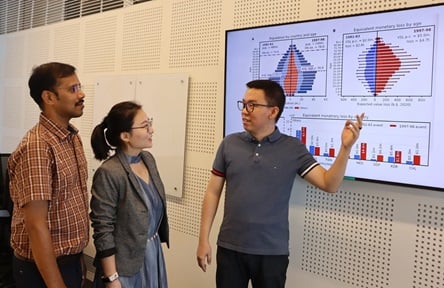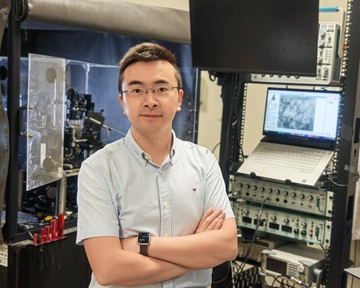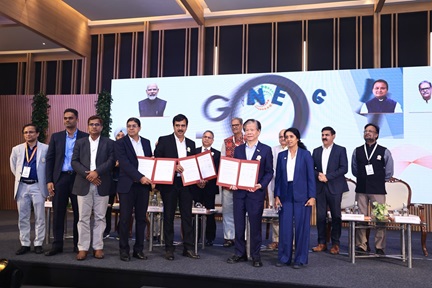NTU Singapore scientists suggest future approach for tackling age-related muscle loss
Intestinal microorganisms could help with muscle growth and function, opening new doors to interventions for age-related skeletal muscle loss
The international team of researchers found that mice with gut microbes had stronger skeletal muscles that can produce more energy when compared to mice without any gut microbes, known as germ-free mice.
Evidence for a link between gut microbes and skeletal muscle mass was strengthened when the international research team transplanted gut microbes from standard laboratory mice into germ-free mice. Muscle growth and function in the germ-free mice were partially restored following the transplant.
The findings point to a new potential method for tackling age-related skeletal muscle loss by altering the gut microbe composition.
The study, published in Science Translational Medicine in July, could also pave the way for important studies relevant to muscle development, growth and formation of functional nerve-muscle communication.

